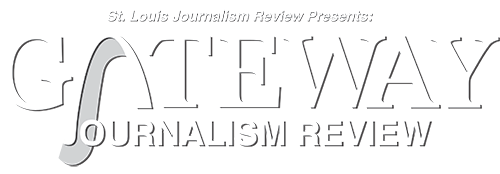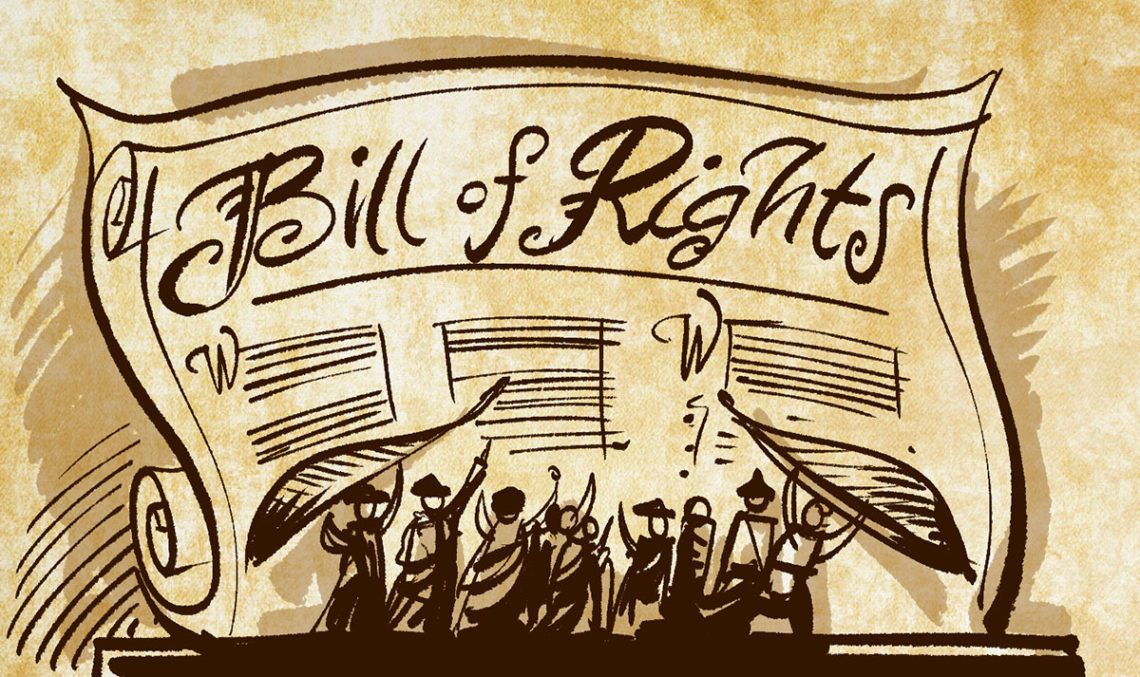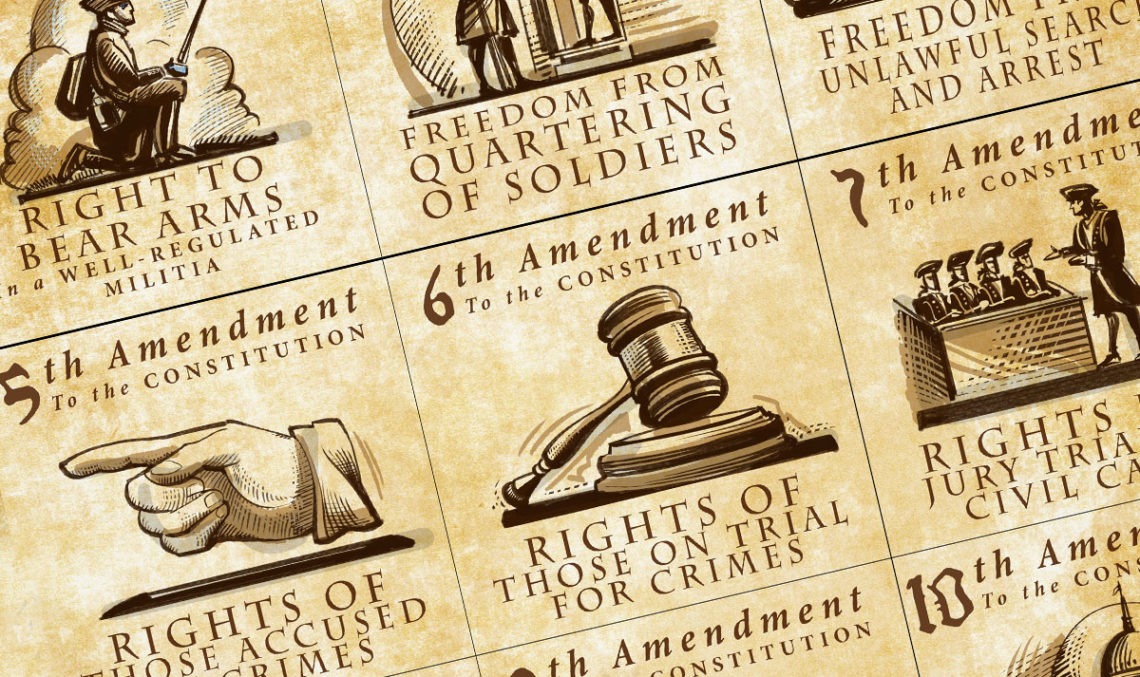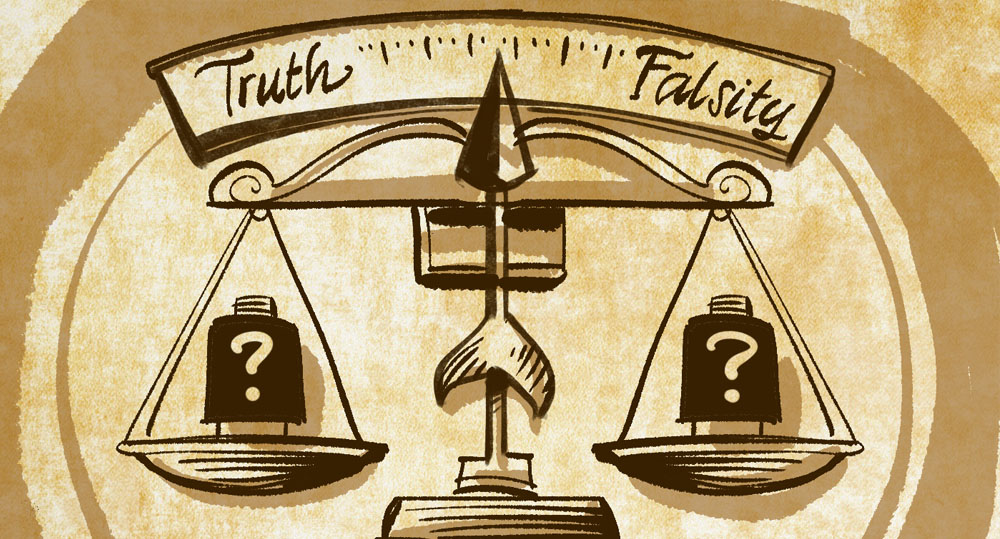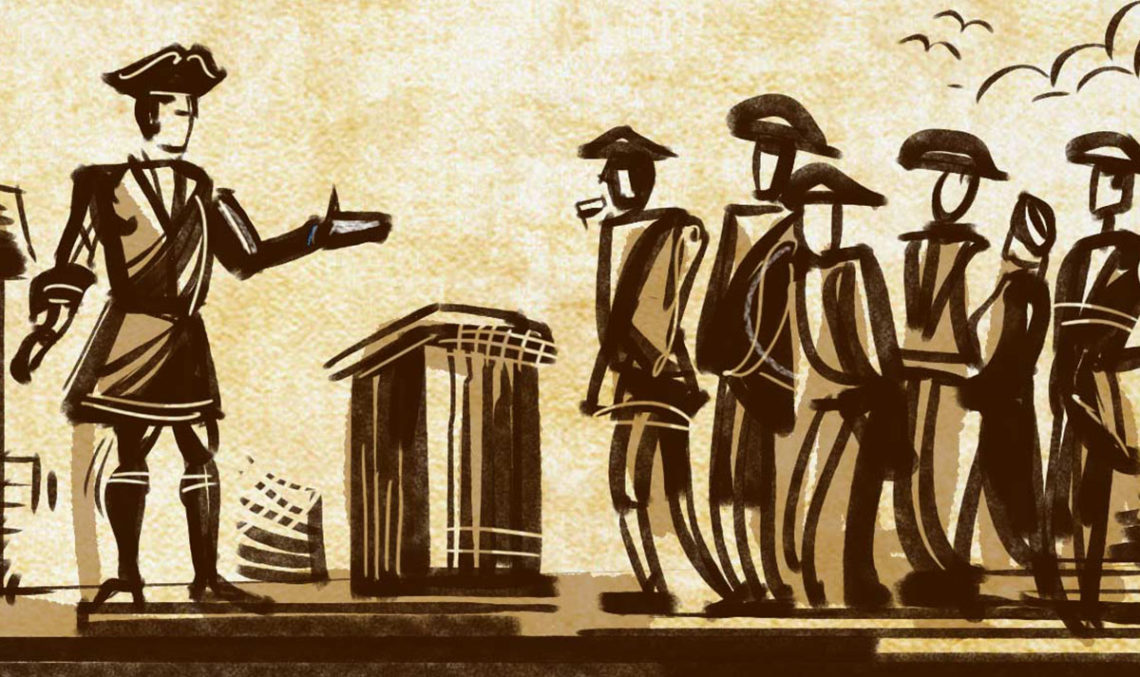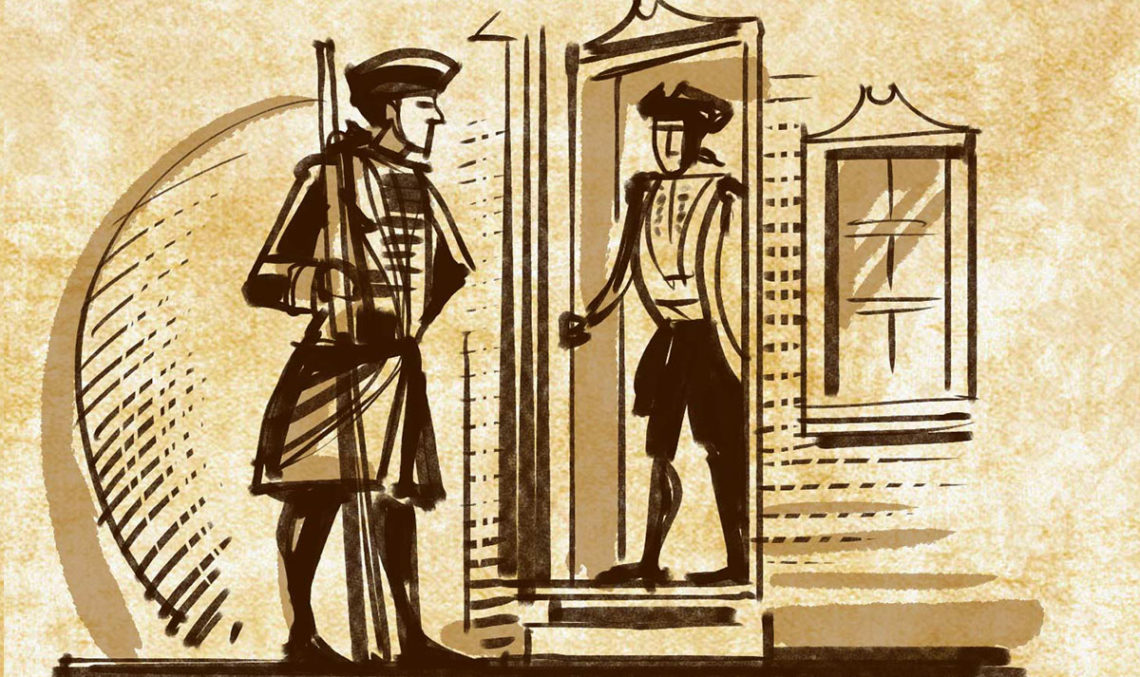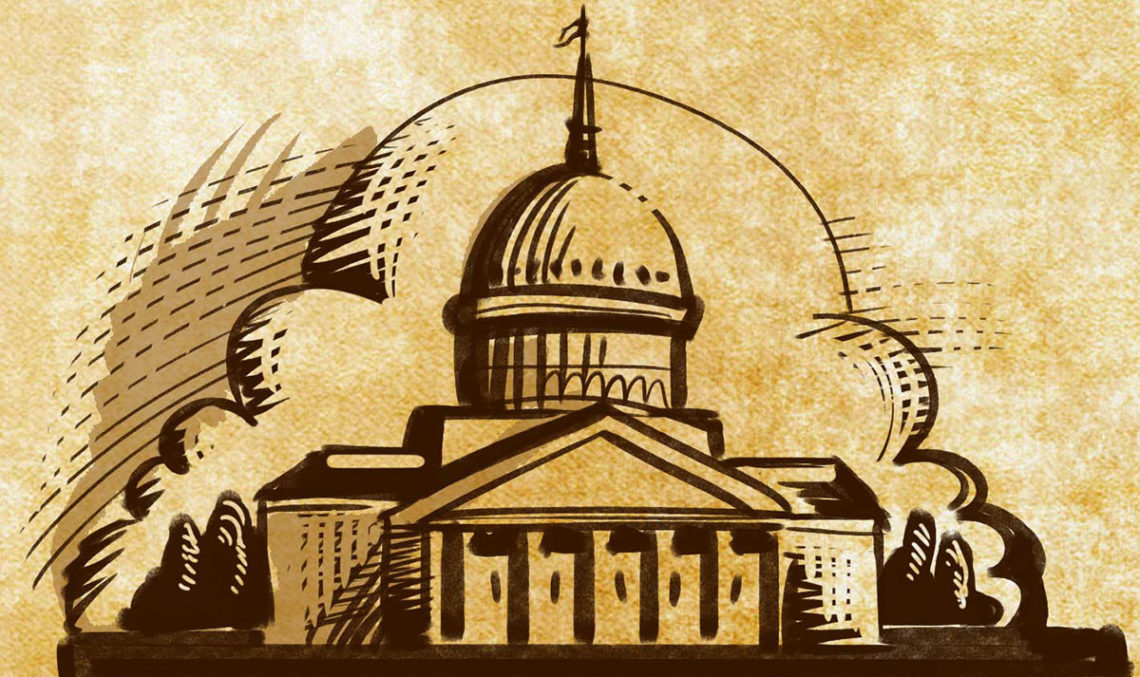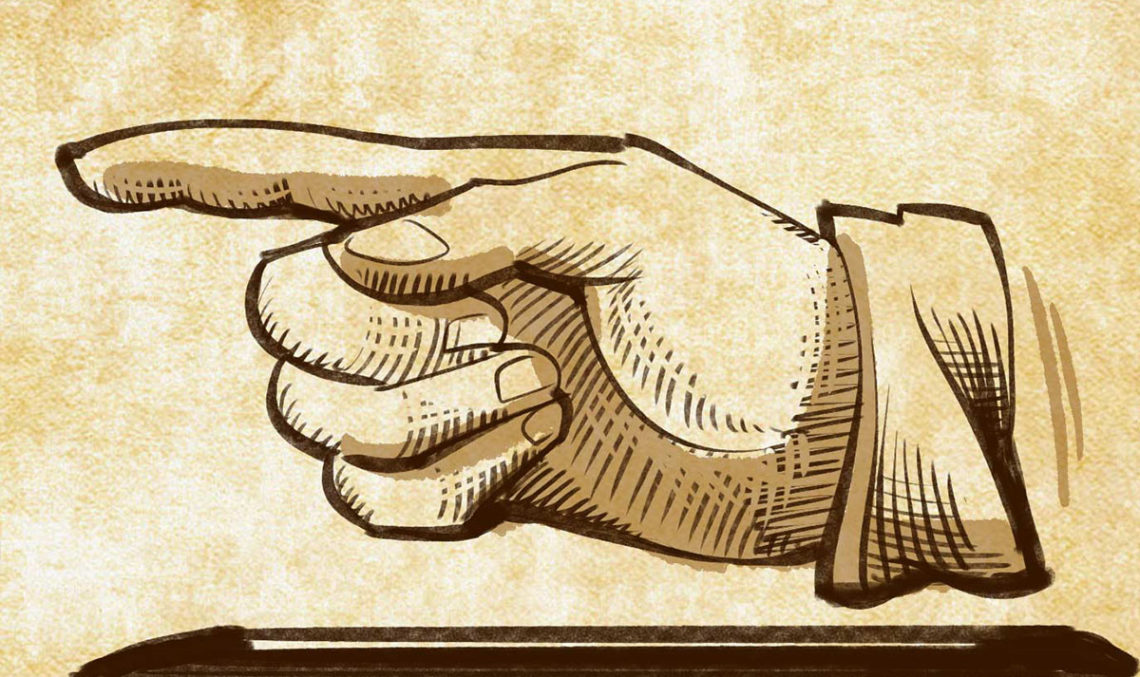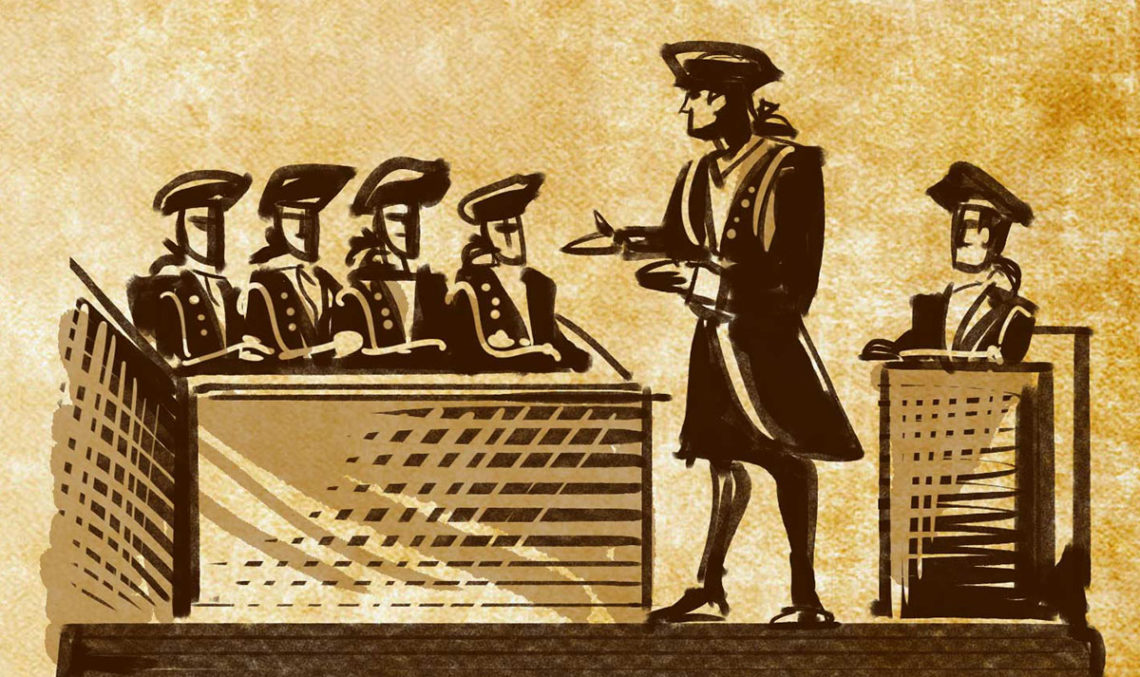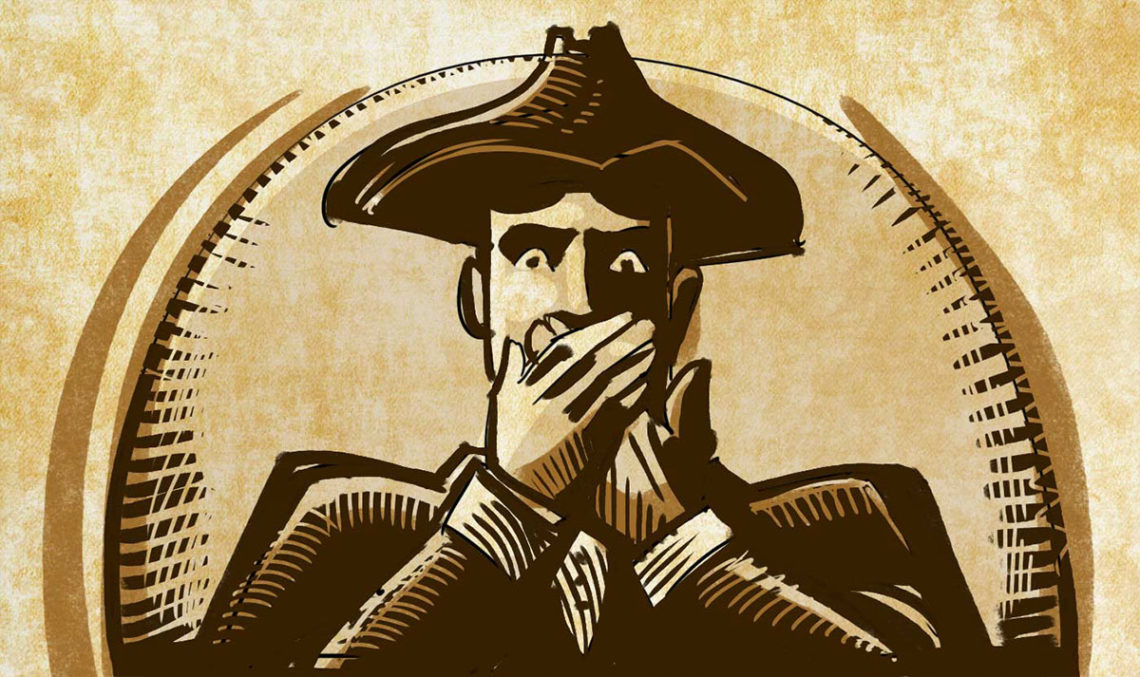Missouri Supreme Court Judge Richard B. Teitelman was a friend equal justice, a friend of the Bill of Rights and a friend of the journalism review. He was a friend of mine and many others his life touched. This issue on the Bill of Rights is dedicated to Judge Rick who died last month. If…
bill of rights
The Bill of Rights puts on a business suit
When America celebrated the 200th birthday of the Bill of Rights in 1991, no one foresaw the powerful forces that would remake it over the next quarter century. The communications revolution and rise of Facebook-Twitter-Google democracy The loss of privacy to unforeseen technology Sept. 11, 2001, and the growth of the national security state Citizens…
A charter to say no
The Bill of Rights is every American’s license to say no: I don’t agree with the president or Congress or the Supreme Court. I won’t bow down to any orthodoxy, religious or political. I won’t worship someone else’s God or the state’s God. I might not worship any god at all. The government can’t tell…
No absolutes in the First Amendment
Free speech is not an absolute right. The First Amendment begins, “Congress shall make no law….” abridging the rights it promises – free speech, assembly, petition for redress of grievances, free press and religious freedom. But the word Congress is much more powerful than it seems and the word “no” much less absolute. As the…
On the eve of the third century
As the third century of the Bill of Rights dawned in Ladue, Mo., Margaret Gilleo was putting a small anti-war sign in a second floor window of her Ladue home. The city’s feisty mayor, Edith Spink, insisted Gilleo take it down to preserve the wealthy town’s aesthetics. Meanwhile, the Weisman family in Providence, R.I., had…
Mildred Loving and the Constitution
A little after midnight on a July morning in 1958, Caroline County Sheriff Garnett Brooks and his deputy invaded the bedroom of Mildred and Richard Loving, demanded they get out of bed and hauled them off to jail. “They were standing over the bed,” Mildred Loving recalled in an interview in 1987. “They told us…
From parchment barrier to constitutional powerhouse
Americans think today about how important the First Amendment is to the Constitution and our lives as the freest people on earth. So it may be surprising the First Amendment lay dormant for the entire 18th century until coming to life 100 years ago. It was World War I. Americans were scared by the war,…
The press’s identity crisis
The press is losing its power, its credibility and its way. As the Bill of Rights turns 225, the one business it protects, the press, is suffering an identity crisis. Who is a journalist? Is Julian Assange a publisher? By democratizing news does the Internet serve democracy or confuse it? By serving as a world…
Forgetting the lesson of New York Times v. Sullivan
Donald Trump said during the election campaign that he wanted make it easier to win a libel suit, that he planned to sue The New York Times for libel and would sue women who accused him of sexual assault. President-elect Trump has seemed to pull back from the threats, possibly because all of those vows…
Publishing national security secrets
Julian Assange was born in Australia three days after the U.S. Supreme Court ruled in 1971 that the U.S. government couldn’t stop the publication of the Pentagon Papers – the top secret history showing American presidents had lied about the Vietnam war. The decision New York Times v. U.S. was one of the great press…
